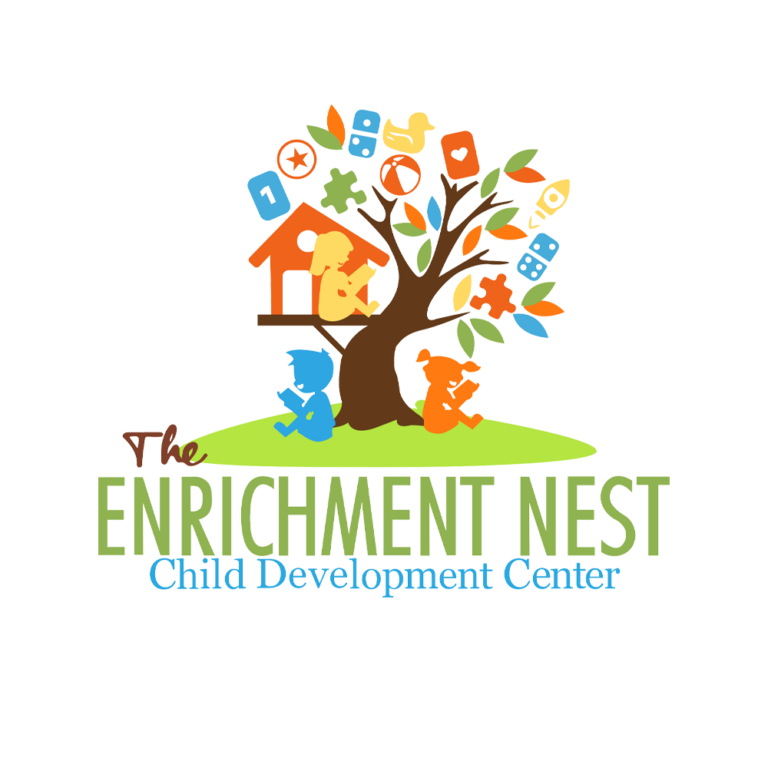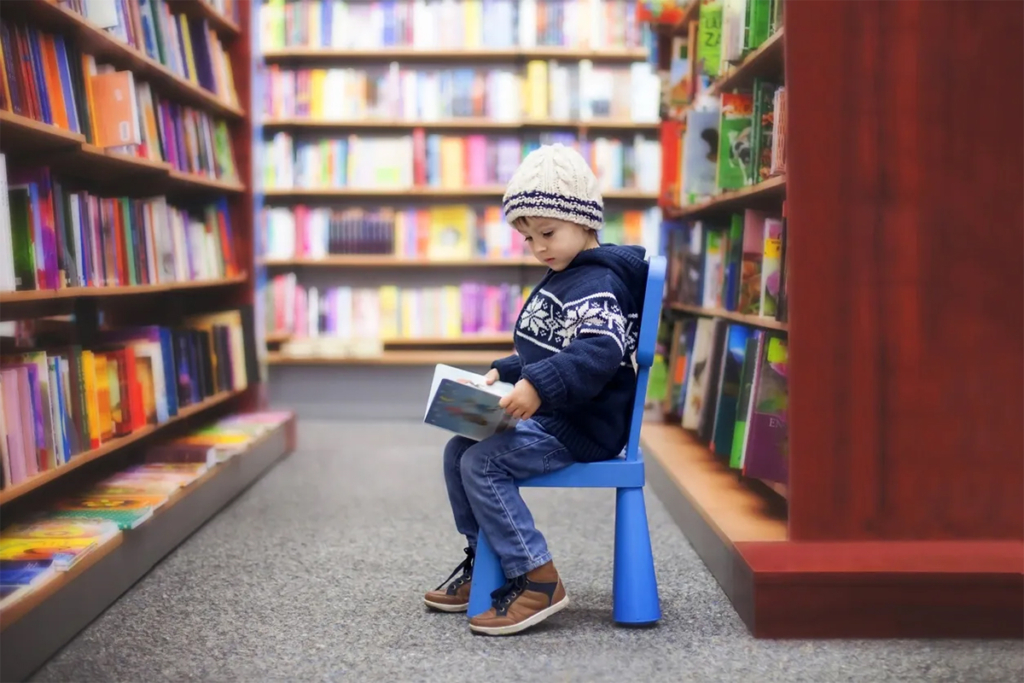Introduction:
In the formative years of a child’s life, between ages 2 and 5, the importance of strengthening cognitive abilities cannot be overstated. These early years serve as the building blocks for a child’s future, laying the foundation for cognitive development. One powerful tool in this developmental journey is the simple yet profound act of reading. In this blog post, we’ll explore why reading to children during this critical age range is not just a pleasurable activity but a crucial investment in their cognitive growth.
1. Building Vocabulary: Reading to children introduces them to a vast array of words and phrases, expanding their vocabulary. Exposure to diverse language at an early age enhances their ability to communicate and understand the world around them.
2. Enhancing Language Skills: Through storytelling, children learn the intricacies of language – grammar, syntax, and tone. This exposure aids in the development of strong language skills, laying the groundwork for effective communication in the future.
3. Strengthening Cognitive Abilities: Engaging with books stimulates cognitive functions such as memory, attention, and problem-solving. As children follow narratives, their brains work to comprehend, remember details, and anticipate outcomes, fostering cognitive strength.
4. Imagination and Creativity: Storybooks transport children to fantastical worlds, igniting their imagination. This creative exercise not only makes learning enjoyable but also promotes cognitive flexibility, allowing young minds to think outside the box.
5. Concentration and Focus: The act of reading demands a child’s attention, helping to improve concentration and focus. Regular exposure to books cultivates the discipline of staying engaged with a task, a skill invaluable in future academic endeavors.
6. Multisensory Stimulation: Books often incorporate tactile elements, vibrant colors, and varied textures, providing a multisensory experience. This stimulation enhances cognitive development by engaging different senses simultaneously.
7. Cognitive Resilience: Reading exposes children to different scenarios and characters, teaching them to navigate complex situations. This exposure fosters cognitive resilience, preparing them to adapt and problem-solve as they encounter new challenges.
8. Logical Reasoning: Many stories involve problem-solving, encouraging children to think logically. This process of reasoning, inherent in narratives, supports the development of critical thinking skills that will be crucial in academic and real-world situations.
9. Memory Retention: The repetition and patterns in children’s books contribute to memory retention. As they become familiar with stories, characters, and plots, their memory skills are honed, facilitating improved recall in various aspects of life.
10. Pattern Recognition: Stories often follow a sequence, introducing children to the concept of patterns. This early exposure lays the groundwork for more complex pattern recognition skills, essential in fields like mathematics and science.
Conclusion:
In the critical window between ages 2 and 5, when a child’s brain is rapidly developing, reading emerges as a potent catalyst for cognitive growth. By immersing children in the world of literature, parents and caregivers play an active role in shaping the cognitive landscape of young minds. The benefits extend beyond the immediate joy of storytelling; they shape the intellectual capabilities that will influence a child’s success in school and beyond.
As we emphasize the importance of strengthening cognitive abilities through reading, let us remember that this simple yet profound act is not just about words on a page. It’s about nurturing curiosity, fostering creativity, and instilling a love for learning that will accompany children throughout their lives. So, let’s open the doors to imagination, one story at a time, unlocking the vast potential within each child. We here at The Enrichment Nest encourage this interaction between parent and child to bring out the full potential of your child’s abilities.






